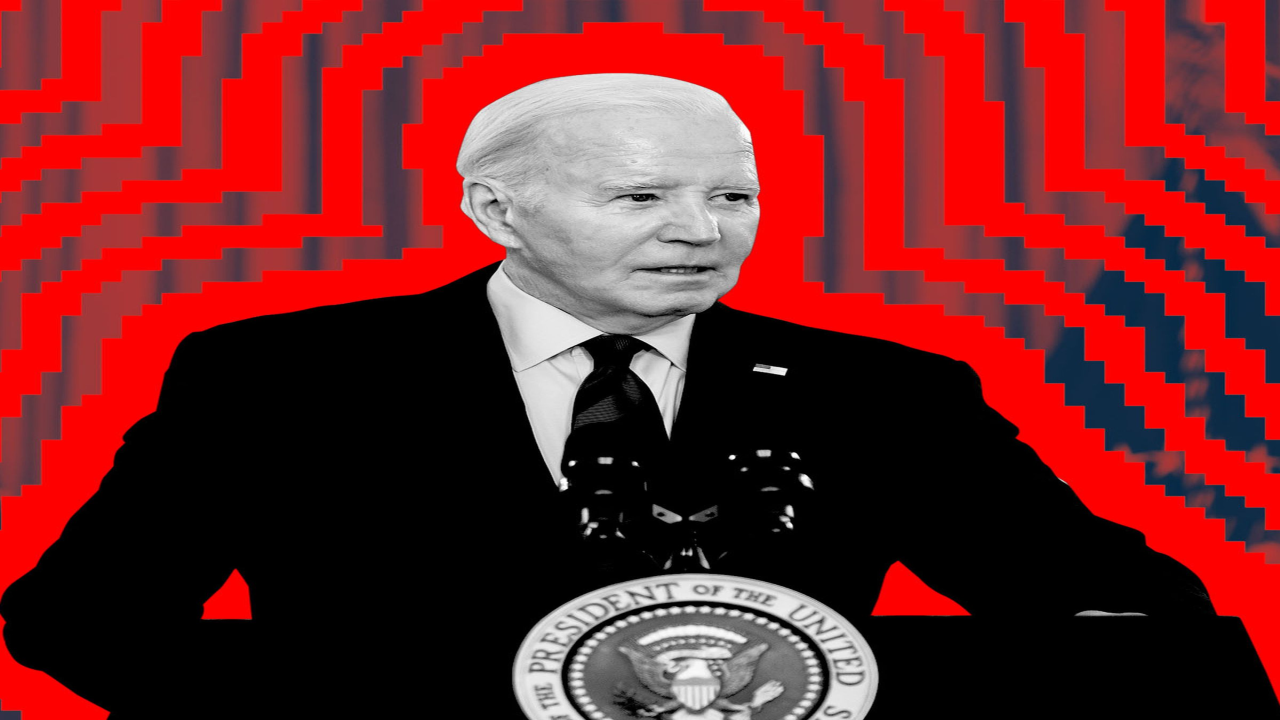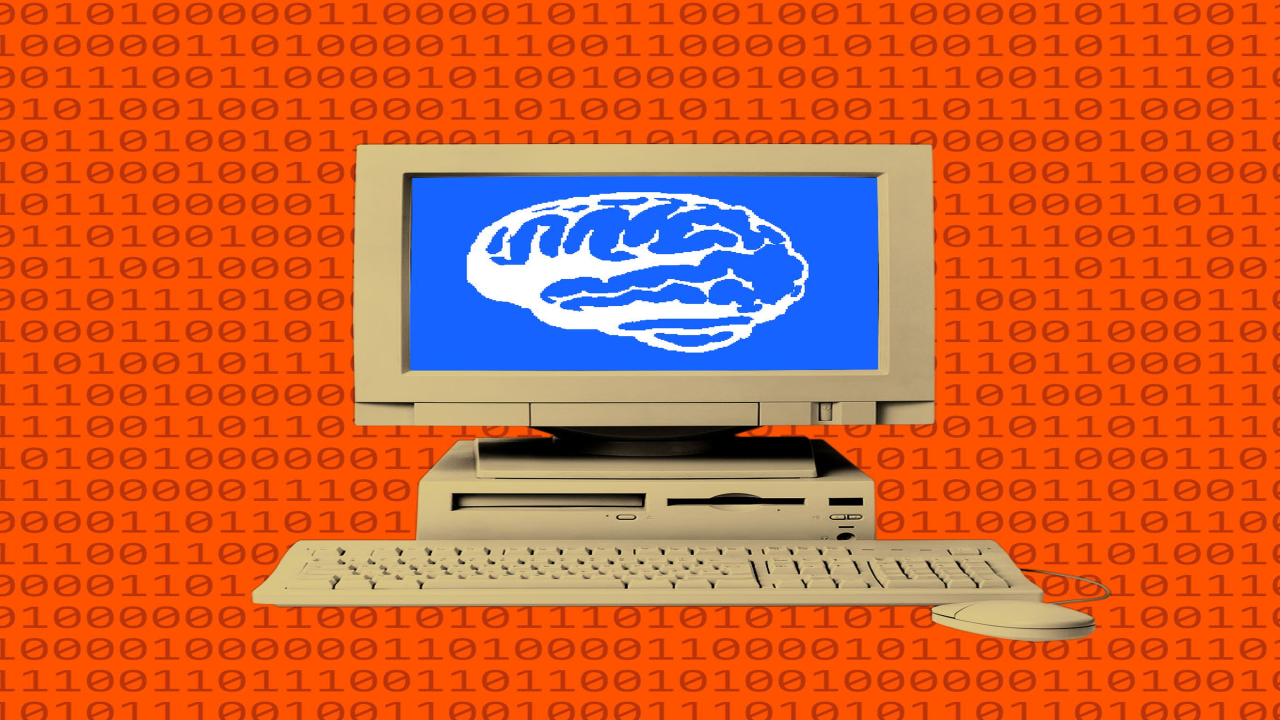The Impact of AI-Generated Disinformation on the 2024 Elections
Discover how AI-generated disinformation is shaping the landscape of the 2024 elections. Learn about the risks, challenges, and potential solutions.

In the fast-paced world of American electoral politics, the rise of AI-generated disinformation has become a cause for concern. As the 2024 presidential election approaches, voters and their would-be manipulators are engaged in an unprecedented battleground. Manipulated images, edited videos, and misleading robocalls have long been part of the political landscape, but the advent of cheap generative AI has taken the dissemination of disinformation to a whole new level.
With the use of generative AI, deepfakes have become a particularly alarming aspect of the 2024 election cycle. These AI-generated videos manipulate and superimpose the faces of individuals onto existing footage, creating highly convincing illusions. The potential for deepfakes to mislead voters, sow doubt, and undermine the democratic process is a significant concern for election officials.
The Joe Biden robocall incident during the New Hampshire primary exemplifies the threat posed by AI-generated disinformation. A deepfake of the president's voice urged voters to stay home, potentially influencing the outcome of the primary. Election officials fear that they, too, could be impersonated by AI-powered technologies, further eroding public trust in the electoral process.
Media literacy has become an essential component of the public's defense against AI-generated disinformation. The evolving nature of technology demands that individuals develop critical thinking skills to discern between real and manipulated content. Election officials and regulators face the challenge of ensuring the resilience of media literacy in the face of increasingly sophisticated AI technologies.
Regulators play a crucial role in addressing the threats posed by AI-generated disinformation. The Federal Communications Commission (FCC) has taken steps to ban robocalls with AI-generated voices, recognizing the potential harm they can cause. State attorneys general now have the power to take action against callers using AI voice cloning technology, providing a legal framework to combat this form of disinformation.
Technology companies have also stepped up to address the challenges presented by AI-generated disinformation. Microsoft, for instance, offers its services to protect election integrity, including a tool that utilizes digital watermarking to identify AI-generated content. Similarly, Meta (formerly Facebook) has implemented rules requiring political advertisers to disclose AI-generated or altered content, aiming to prevent the spread of misleading information.
Despite these efforts, the battle against AI-generated disinformation remains ongoing. Congressman Joseph Morelle has called for a thorough investigation into an AI-generated robocall during the New Hampshire primary, emphasizing the need for a forceful response to such interference. Democrats have introduced bills that would require disclosures of AI-generated content in political ads, seeking to enhance transparency and accountability.
In response to the growing concern surrounding AI-generated disinformation, platforms like TikTok have updated their content moderation policies. The app now includes restrictions on sharing AI deepfakes, recognizing the potential harm they can cause and aiming to protect users from misleading content.
As the 2024 elections approach, the impact of AI-generated disinformation on the democratic process cannot be underestimated. The proliferation of deepfakes, misleading robocalls, and manipulated media poses significant challenges. However, through continued efforts to enhance media literacy, strengthen regulations, and develop technological solutions, it is possible to mitigate the risks and safeguard the integrity of our electoral system.
In conclusion, the 2024 elections represent a critical battleground between voters and manipulators utilizing AI-generated disinformation. The battle to preserve the integrity of the democratic process requires a multi-faceted approach that includes media literacy, regulation, and technological innovation. By understanding the risks and challenges posed by AI-generated disinformation, society can work towards ensuring a fair and transparent electoral system.
What's Your Reaction?





















